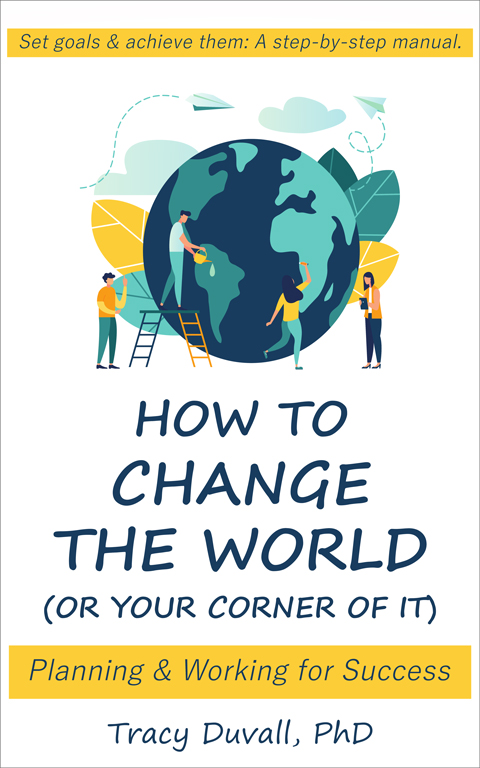This short post is far from comprehensive and is based on much more research than is cited in it. I wrote it in February 2014 at the behest of a friend working in Kampala for the U.S. government.
The controversy regarding the “anti-gay law” in Uganda has turned to the issue of how people become homosexual. As an anthropologist, I’ve studied and taught about gender and sexuality at the university level in the United States, which has positioned me to explain what the research on this complex topic shows.
A homosexual orientation develops after conception and either during pregnancy (which is most likely) or in early childhood. One piece of evidence for this statement is that, despite numerous social influences encouraging a heterosexual orientation, homosexuals typically report feeling homosexual from their earliest memory.[1] That is, there is no moment of conversion.
There is biological evidence that homosexuality develops early, too. Research suggests that there are multiple ways that a fetus or infant can develop into someone who will have a lifelong homosexual orientation. Continue reading


